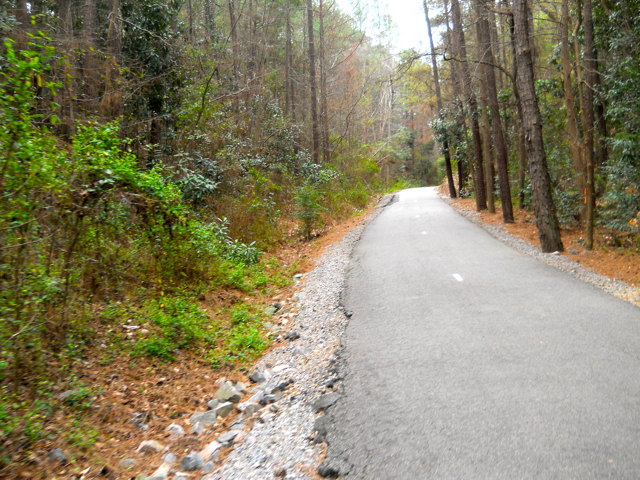
The simile supports the portrait of the woman in that sense, though not in the sense the speaker overtly declares.

In a strange way this mood fits in with the simile of the night, because, although night is not necessarily innocent, calm, and serene, night is mysterious and alluring and often deceptive. Thus, the emotions evoked are really those of mystery and allure rather than of adoration of the woman's qualities. This conclusion may or may not actually be true of the woman, but the poet gives the reader no basis for judgment. Her particular type of inner beauty is implied in words such as "grace," "calm," "eloquent," "peace," "innocent," and "serenely sweet." In other words, the speaker imagines that because the woman is a beautiful brunette, she also exemplifies the most beautiful qualities of traditional femininity. The emotion of regret is shown by "a sound which makes us linger yet, farewell," and in the simile: "like a drop of rain, he sinks into thy depths with bubbling groan." The repetition of the word "farewell" also shows an emotion of regret.)Ī sample response follows: The speaker imagines that the woman possesses inner as well as outer beauty. (My answer: The emotion of pleasure is created by the poem's phrases and word choice, such as "a pleasure in the pathless woods," a "society where none intrudes," and "music" in the ocean's roar. The figure of speech comparing the speaker's spirit to a fluttering glow, and images such as "a sound which makes us linger," enhance this feeling of nostalgic regret.

Regret can be found in some of the figures of speech, such as the comparison of the drowning man to a drop of water, and in the overall tone of the fourth and fifth stanzas, where the exclamatory phrase "Farewell!" is repeated and the frequent use of dashes creates the impression of nostalgic or thoughtful pauses. Pleasure can be found in many of the poem's phrases, word choices, and sounds, and even in the brilliant use of the Spenserian stanza with its unexpected rhymes (woods / intrudes plain / remain groan / unknown) and in the sweeping rhythm of the long lines, such as lines 10-11. A sample response follows: In addition to pleasure, regret is also found in this selection from Childe Harold's Pilgrimage.


 0 kommentar(er)
0 kommentar(er)
